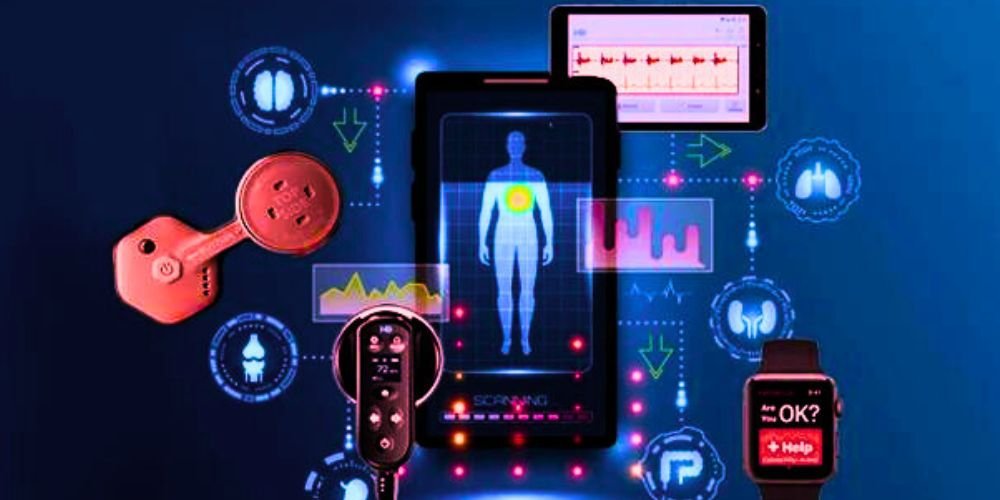The healthcare industry is notoriously slow to change, but a wave of technological innovation is finally starting to break through. From AI-powered drug discovery to robotic surgery and telehealth, technology is poised to make healthcare more efficient, personalized, and effective. For investors, this intersection of technology and healthcare represents a massive, long-term growth opportunity that is still in its early innings.
AI in Drug Discovery and Diagnostics
One of the most exciting areas is the use of artificial intelligence in medical research. AI algorithms can analyze large datasets to identify new drug candidates or detect patterns in medical images, enabling earlier and more accurate disease diagnosis, such as cancer. Companies are using AI to significantly accelerate drug discovery, a traditionally slow and expensive process. This has the potential to create enormous value.
The Rise of Robotic Surgery
Minimally invasive robotic surgery has become the standard of care for many procedures. Intuitive Surgical (ISRG) has long been the dominant player in the market, thanks to its da Vinci surgical system. Their business model is compelling for investors: they sell the expensive robot and generate recurring revenue from disposable instruments and services used in each surgery. As the technology expands to more types of procedures, the market continues to grow.
Telehealth is Here to Stay
The pandemic forced the world to adopt telehealth, and patients and doctors have since come to appreciate its convenience. Although usage has decreased from its peak, virtual doctor’s visits are now a permanent part of the healthcare landscape. This has created opportunities for companies that provide the platforms and tools for virtual care. It makes healthcare more accessible and can lower costs for the entire system.
Personalized Medicine and Genomics
Technology is enabling a shift from one-size-fits-all medicine to highly personalized treatments. Companies that perform genomic sequencing can analyze a person’s DNA to predict their risk of certain diseases or identify which drugs will be most effective for them. This field, known as personalized medicine, is at the forefront of medical innovation and holds the potential to revolutionize the treatment of complex diseases, such as cancer.
Investing in Health Tech
This sector presents unique risks, including lengthy development cycles and a complex regulatory environment (e.g., FDA approval). When investing, look for companies that are solving a major pain point in the healthcare system. Focus on those with strong intellectual property, a clear business model (like Intuitive Surgical’s recurring revenue), and partnerships with established healthcare providers.
Conclusion
The convergence of technology and healthcare is one of the most powerful investment themes for the next decade. While the path to success can be long and challenging, companies that successfully introduce innovative technologies into the medical field cannot only generate substantial returns for investors but also fundamentally improve human health.





